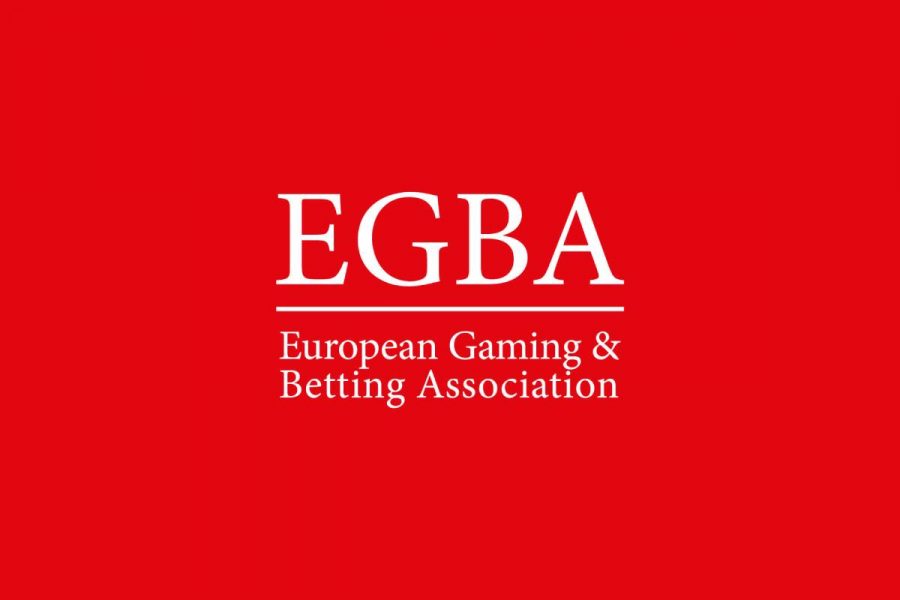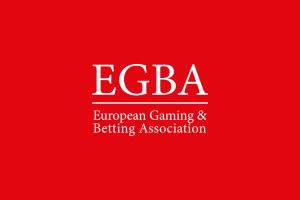Positive feedback on EGBA advertising code from independent monitoring

The European Advertising Standards Alliance has recommended more clarity in some areas but described the EGBA code as a “solid basis for responsible advertising”.
Belgium.- The first independent monitoring of the European Gaming and Betting Association’s (EGBA) pan-European responsible advertising code has found that it provides comprehensive and detailed content and that EGBA members already correctly apply most measures.
The monitoring was conducted by the European Advertising Standards Alliance (EASA), a Brussels-based association that represents European self-regulatory organisations for advertising. It found that the EGBA code provided “a solid basis for responsible advertising”. It also found that EGBA members already applied most of the code’s measures.
EASA suggested some improvements to strengthen the code and its application. It suggested more clarity in responsible gambling messages in adverts (both in terms of legibility and speed), the explicit mention of legal age requirements for online gambling and the use of age-gating mechanisms on social media profiles.
The pan-European responsible advertising code for online gambling was established by EGBA in 2020 and covers advertising content, social media, minor protection, and responsible gambling messaging. Monitoring is an integral part of the code and EGBA members have their compliance periodically monitored by an independent third party to improve the code’s effectiveness and ensure it is kept up to date.
EGBA commissioned EASA to monitor the code during the Euro 2020 football tournament in 2021. EASA was assisted by the advertising analytics company Nielson, which collected 1,240 adverts from EGBA members in four countries (Greece, Ireland, Romania and Sweden). EASA then assessed these adverts, which included TV ads, online pre-rolls, static and animated online banners, along with the social media accounts of EGBA members.
In its conclusions, EASA gave positive feedback about the code, stating that it provides a solid basis for responsible advertising, due to its comprehensive and detailed content. It noted that EGBA members had been particularly successful in correctly applying measures on content moderation.
As a next step, EGBA members will discuss how to utilise and implement the feedback from EASA to further strengthen the overall effectiveness of the code.
EGBA secretary general Maarten Haijer said: “We’re pleased with the monitoring results and the progress our members are making in promoting responsible advertising. We thank EASA for its critical but constructive approach. Advertising is an essential tool to inform the public of which gambling operators are licensed and regulated – and it can be done responsibly.
“We encourage other operators to sign up to the code and join our efforts to raise responsible advertising standards. The industry must get serious about responsible and measured advertising, especially with the World Cup coming up later this year, otherwise the pressure of advertising restrictions will continue to pile on.”
In March, the EGBA welcomed a reported 55 per cent decrease in advertising from major gambling brands being placed on websites that breach intellectual property rights in the EU. The figure comes from a new study by the European Union’s Intellectual Property Office (EUIPO).
The study analysed the amount and type of online advertising found on IPR-infringing websites and apps in the EU, including streaming sites for sports, movies and TV shows. It found that advertising from major gambling brands, including EGBA members, on such sites fell by 55 per cent in 2021 despite advertising from all sectors increasing by 26 per cent.
The association also launched a new expert group on cyber security to facilitate information sharing on cyber threats and attacks among its members and to promote cooperation to track and resolve incidents and identify and solve security vulnerabilities.
The group will comprise cyber security experts from EGBA member operators, with a Memorandum of Understanding to allow for data sharing between the different operators. Participation will be open to all members. The group will also seek to research and implement best practices on cyber security.











